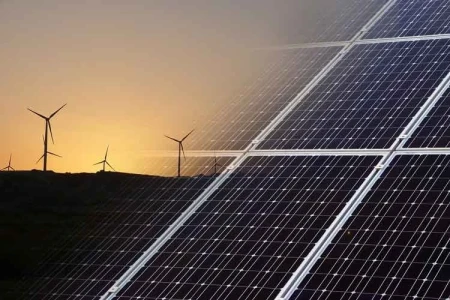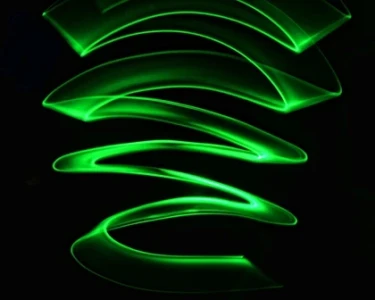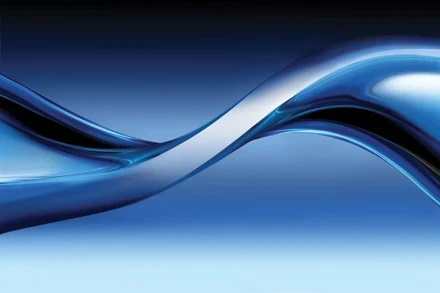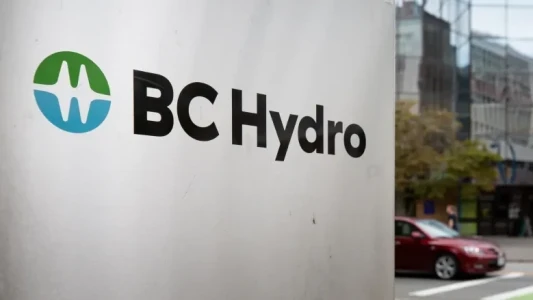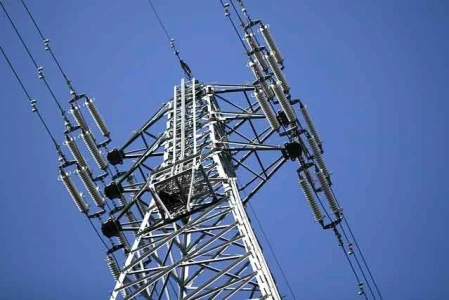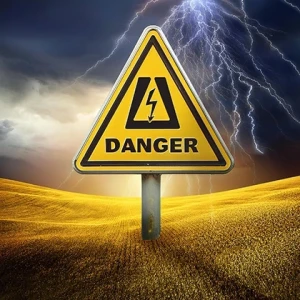Wind Turbine Blade Recycling Gains Momentum in Iowa

Iowa, a leading state in wind energy production, is making significant strides in addressing the environmental challenge posed by decommissioned wind turbine blades. Traditionally, these blades—constructed from durable materials like fiberglass and resin—have been difficult to recycle, often ending up in landfills or incinerated. However, recent developments indicate a positive shift toward sustainable recycling practices.
The Challenge of Wind Turbine Blade Disposal
Wind turbine blades are designed for longevity and resilience, typically lasting around 20 years. As the wind energy industry matures, many turbines are being decommissioned, leading to an accumulation of used blades. Their robust construction, while ideal for energy generation, makes them challenging to dispose of in an environmentally friendly manner. Historically, companies have struggled to find effective recycling solutions, leading to unsightly stockpiles and environmental concerns.
REGEN Fiber's Innovative Approach
A promising solution is emerging from Fairfax, Iowa, where REGEN Fiber, a subsidiary of Alliant Energy, has established a facility dedicated to recycling wind turbine blades. Utilizing a proprietary process developed over four years, REGEN Fiber transforms shredded turbine blades into micro-fibers that can be incorporated into concrete and asphalt, enhancing their strength and durability. The facility is initially processing approximately 3,000 blades annually, with plans for expansion to meet growing demand.
The recycling process involves an enclosed conveyor system equipped with a scalper, hammer mill, vibratory screen, and granulator, ensuring efficient and controlled processing. This method not only diverts waste from landfills but also contributes to the production of more sustainable construction materials.
Overcoming Past Challenges
Iowa's journey toward effective wind turbine blade recycling has not been without obstacles. In the past, companies like Global Fiberglass Solutions faced criticism for stockpiling blades without proper recycling, leading to legal actions and cleanup efforts. These incidents highlighted the importance of accountability and transparency in recycling initiatives. REGEN Fiber's approach emphasizes responsible processing and aims to restore confidence in the industry's recycling capabilities.
Broader Industry Efforts
REGEN Fiber is not alone in its efforts. Other companies, such as Renewablade near Earlham, are also developing facilities to recycle wind turbine blades into concrete blocks. These collaborative efforts signify a collective commitment to finding sustainable solutions for blade disposal and repurposing. As the industry continues to grow, the need for scalable and efficient recycling methods becomes increasingly critical..
Looking Ahead
The advancements in wind turbine blade recycling in Iowa serve as a model for other regions grappling with similar challenges. By investing in innovative technologies and fostering industry collaboration, Iowa is paving the way for a more sustainable future in wind energy. As these recycling initiatives expand, they not only address environmental concerns but also contribute to the circular economy by turning waste into valuable resources.
In conclusion, Iowa's progress in wind turbine blade recycling underscores the importance of innovation and responsibility in the renewable energy sector. With continued efforts and collaboration, the state is poised to lead the way in sustainable wind energy practices.

